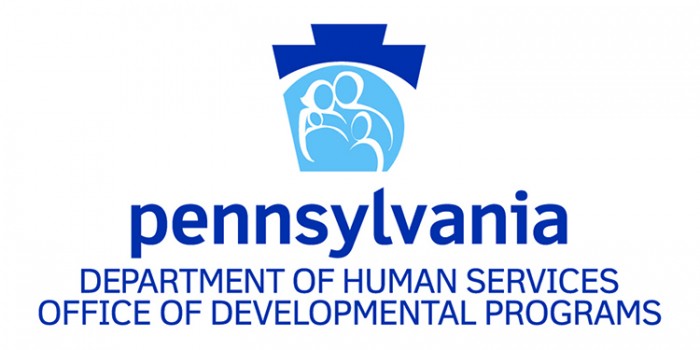Office of Developmental Programs (ODP) Communication number 081-18 outlines draft requirements and best practice recommendations related to human rights and restrictive procedures. The guidance outline in the bulletin reflects regulator and contractual expectations for AEs and providers offering services to people in both licensed and unlicensed settings, and represents ODP’s mission, vision, and values around how we support people. The details contained in the bulletin are intended to support stakeholders in taking a consistent approach to ensure people’s health, safety, and rights. The Human Rights Team guidelines contained in the bulletin also apply to providers that render services through the Adult Autism Waiver (AAW). The functions of the Human Rights Committees for participants enrolled in the AAW, however, are fulfilled through ODP’s Bureau of Autism Services (BAS) instead of AEs.
The Draft Bulletin defines Human Rights Team, Human Rights Committee (led by the AE), Modification of Rights, Physical Restraint, and Restrictive Procedure. It further describes the purpose, scope of work, membership, roles and responsibilities of members of the committee, meeting structure, confidentiality, and general guidelines.
This bulletin is in response to the renewal of the Consolidated and Person/Family-Directed Waivers and the creation of the Community Living Waiver, as well as the requirements written in the Administrative Entity (AE) Operating Agreement, and anticipating the adoption of the Chapter 6100 regulations.
Written or electronic comments will be accepted by October 5, 2018 at 11:59 pm. Electronic comments may be submitted via email. Written comments should be sent to Julie Mochon, Policy Director, Office of Developmental Programs, Room 510, Health and Welfare Building, 625 Forster Street, Harrisburg, PA 17120.















